Wedding
Gbagyi Traditional Marriage Attires & Rituals
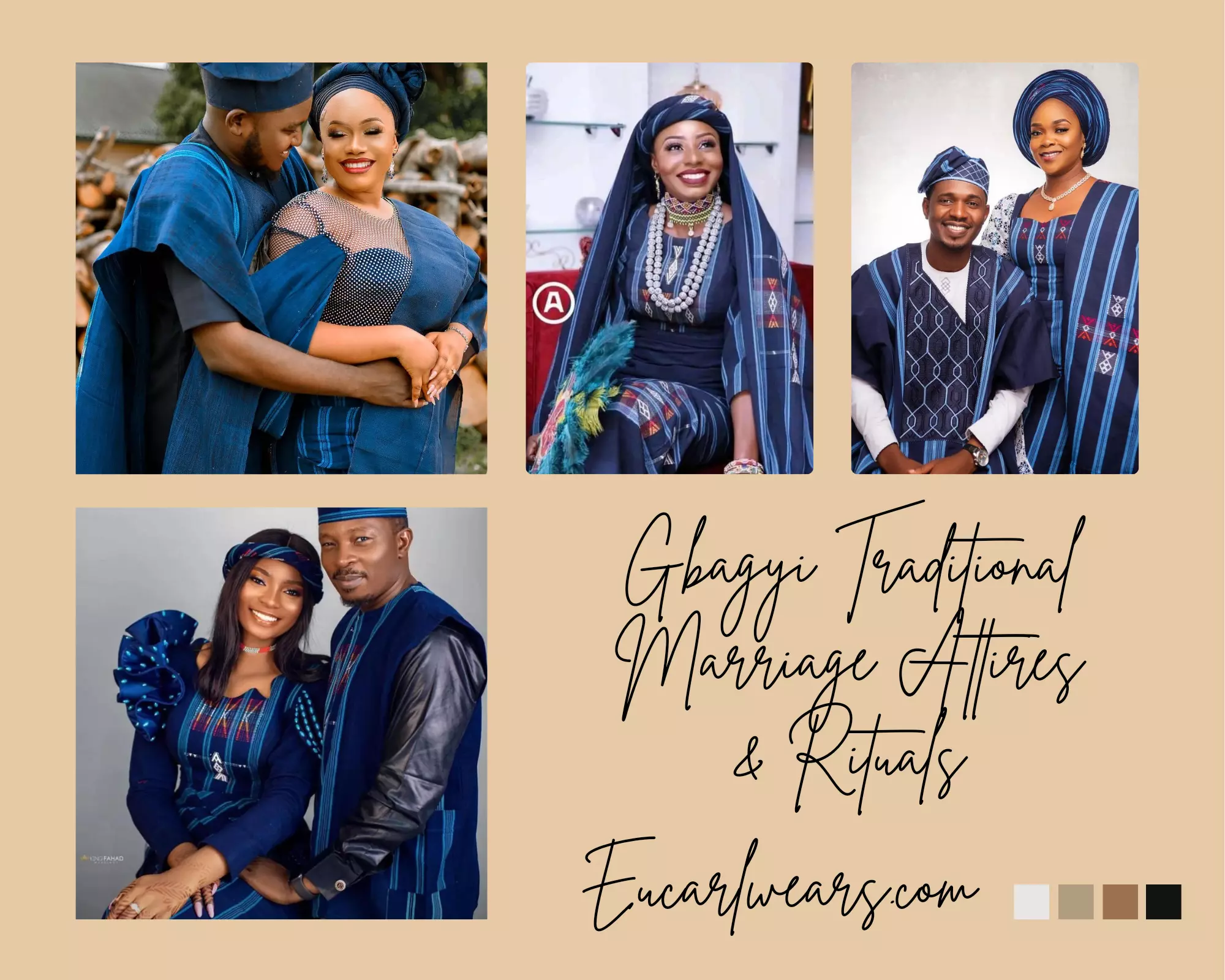
Here are the unspoken cultures surrounding the marital engagements of the Gbagyi ethnic group and some of the best Gbagyi traditional marriage attires that you can take inspiration from. Stay tuned!
Gbagyi is a tribe in Nigeria with rich cultures and traditions. The marital rites of the Gbagyi people are quite phenomenal because of their unique characteristics. All levels of the marriage starting from courtship, and dowry payment to the formal marital rituals are distinct from that of other Nigerian vultures. Even amongst the Gbagyi people of Nigeria, there are slight differences in the marriage processes.
Traditional Marriage Rites In Gbagyi Land
Typically in Gbagyi culture, marriage is not just a sacred tradition with lots of feasting, but also a thorough endeavour to meet up with the necessary requirements.
Between ages 15 to 18, a male gbagyiza is initiated into marriage. A female gbagyi child is betrothed to one of her suitors between the early ages of eight and ten. This age bracket is considered the most probable age of fertility, plus the male and female are assumed to be ripe for marriage and capable of producing offspring by the time the dowry payment is made and a marriage date fixed.
After a suitor and his family had made their intentions known to the family of the bride-to-be, the gbagyi culture demands that both families would do some research, before the traditional marriage goes on.
Some questions asked here are: Is the family of the bride/groom hard working? Are they poor or associated with hunger? Is the bride to be respectful and reserved? How chastised is she? Are there any shades in the family’s history with marriage? Does the family have any record or trace of infertility and if the potential bride had been secretly betrothed in the past?
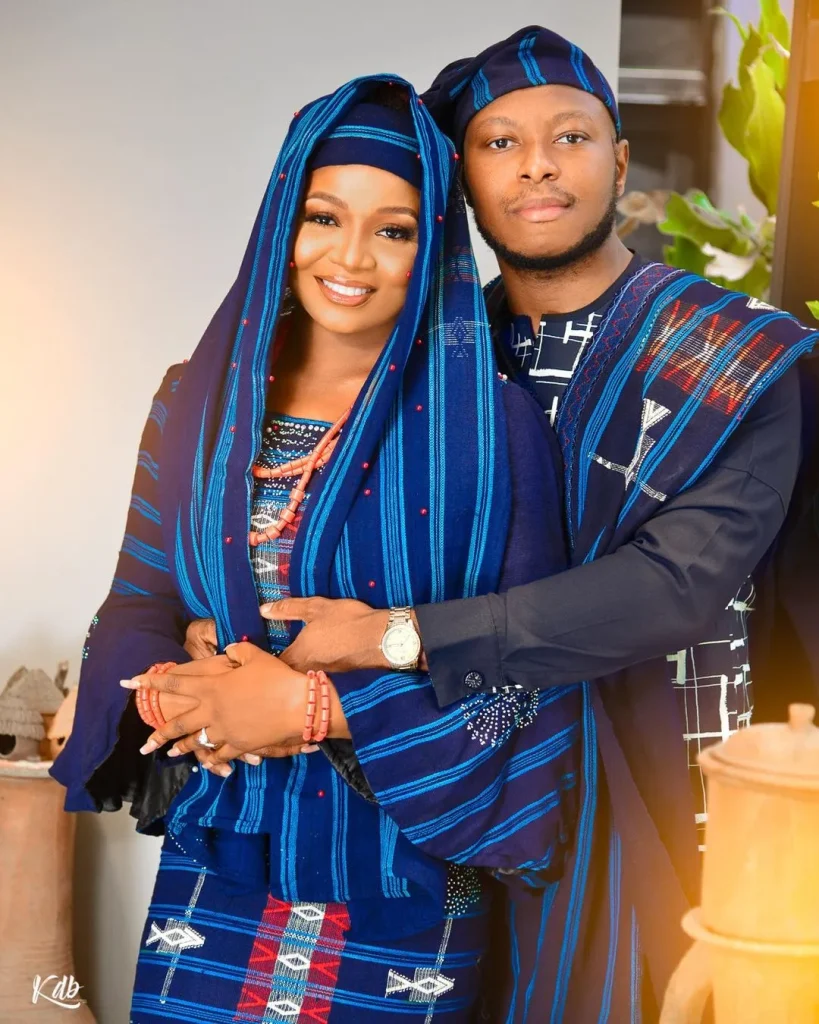
Courtship continues after this step is completed. Courtship among the Gbagyi people is a strict observation that must last at least 7 years. There are also two methods of courtship in this tribe – In the first, the groom’s parents find a suitable girl for him, then direct his attention toward her. In the second, the groom finds a girl that he would like to marry and then relates his intentions to his parents.
A delegation is sent from the groom’s parents to the bride’s parents. If the proposal is accepted, the bride’s parents reply by sending two sets of plates to the groom’s family. This they do through an intermediary who is also a member of the bride’s family known as migbiyi. The Gbagyi groom must also buy a spoon known as Zukumpa which he would use to eat Ejieh, a special meal of the Gbagyis served at weddings.
Still in the courtship but after the proposition has been accepted, comes the payment of dowry. The groom does some farm work for the bride’s parents for the stipulated seven years. He does this work two or three times a year. The groom may be assisted by his friends and male family members. The groom is expected to bring 50kg of guinea corn from his harvest to know if he is good with farm work. This is known as wyiga. The groom would have presented seven wyiga for the seven years, before a date for the marriage is set.
The groom may visit his prospective bride during this period, but they are not to engage with each other sexually. A friend or brother to the groom and the bride’s friends or sisters accompany the couple during these visits.
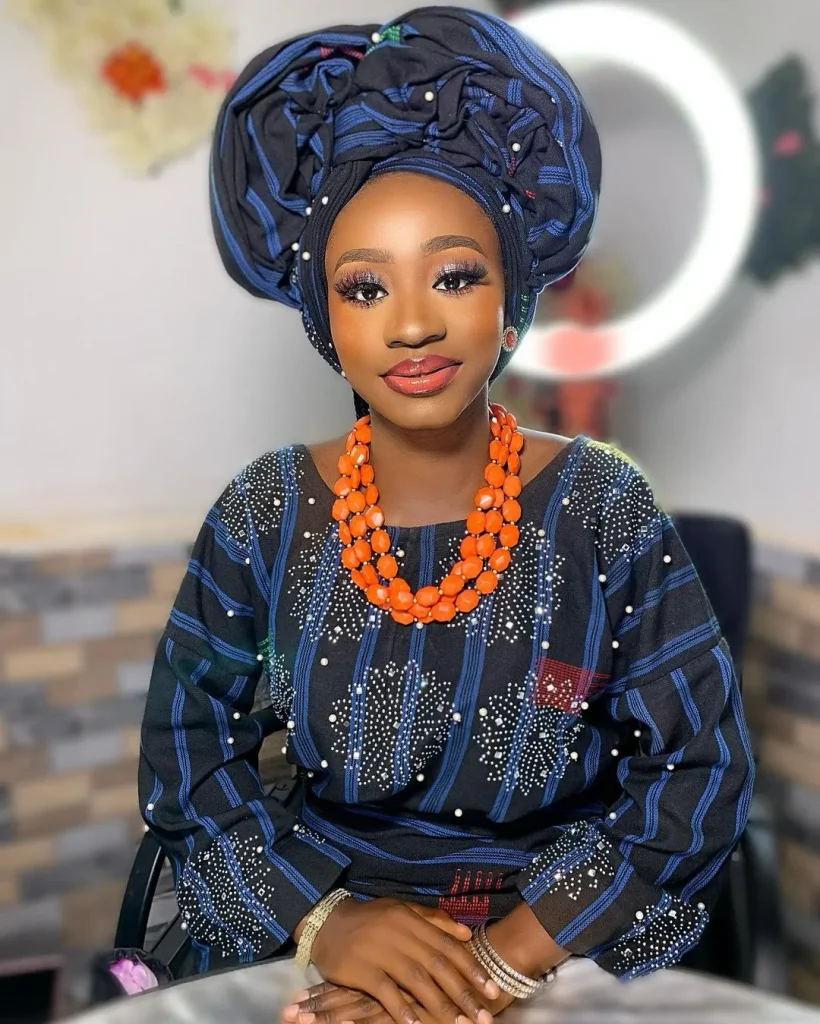
The wedding rites in the Gbagyi kingdom begin with the sacrifice of animals like chickens or goats which serve as intermediates between the gods and the couple. for the blessings of the gods upon the couple. After the celebration, the bride is released to the groom’s family. The meal to be prepared on the wedding day is to be made with eleven chickens. Ten for the bride’s parent one for the migbiyi.
When the day celebration is over, five or more maids accompany the bride to the groom’s house. The next morning, an elderly woman calls out several names that have been earlier chosen for the bride. The bride has to rush out of her hut on hearing the name that best suits her. From here, she is taken to the bathroom where the same woman strips her half naked to inspect and determine her chastity. This is known as the bridal bath.
If the bride had been chaste till marriage, the villagers’ party all day. The maids who came with the bride are to fetch firewood for the bride and water for all the old people in the village. They join in the marriage festivities once they are done with their tasks. The accompanying maids return to their village on the seventh day, leaving only one behind called Mula cheknu to help the bride with domestic chores.
Asides from the normal marriage practices in gbagyi land, there is also marriage by elopement. Gbagyi people encourage polygamy, and the culture also allows for divorce if the couples can’t continue with the marriage.
Gbagyi Traditional Marriage Attires : Photos
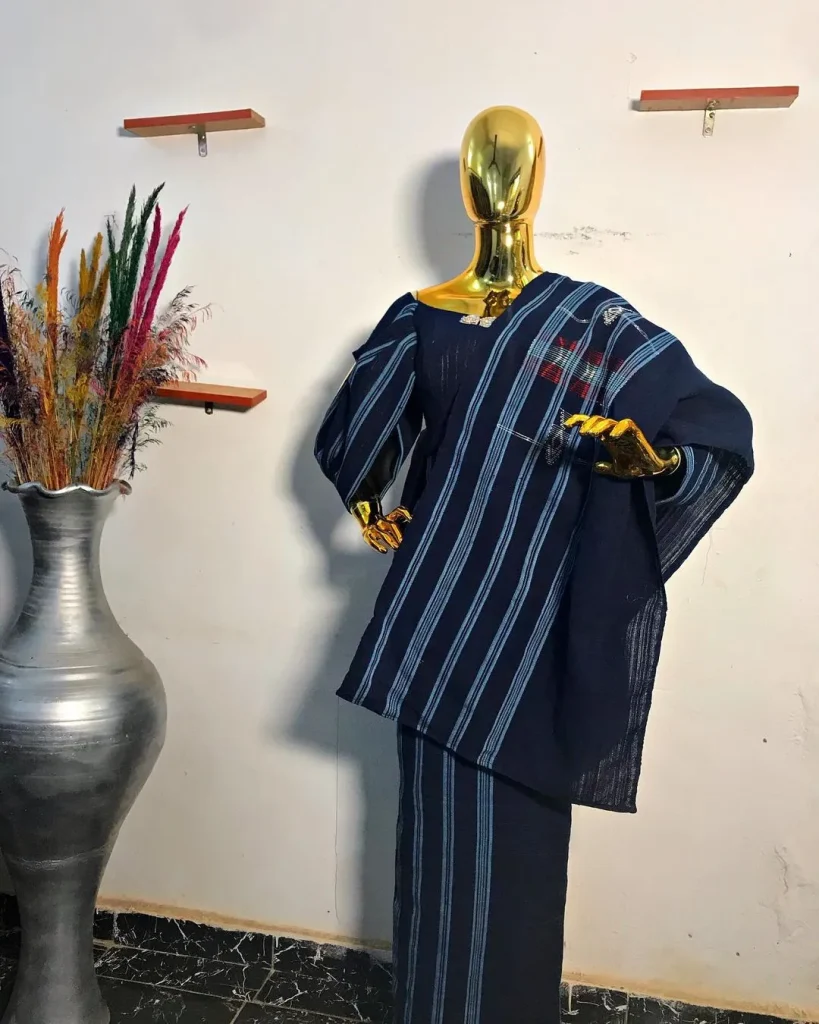
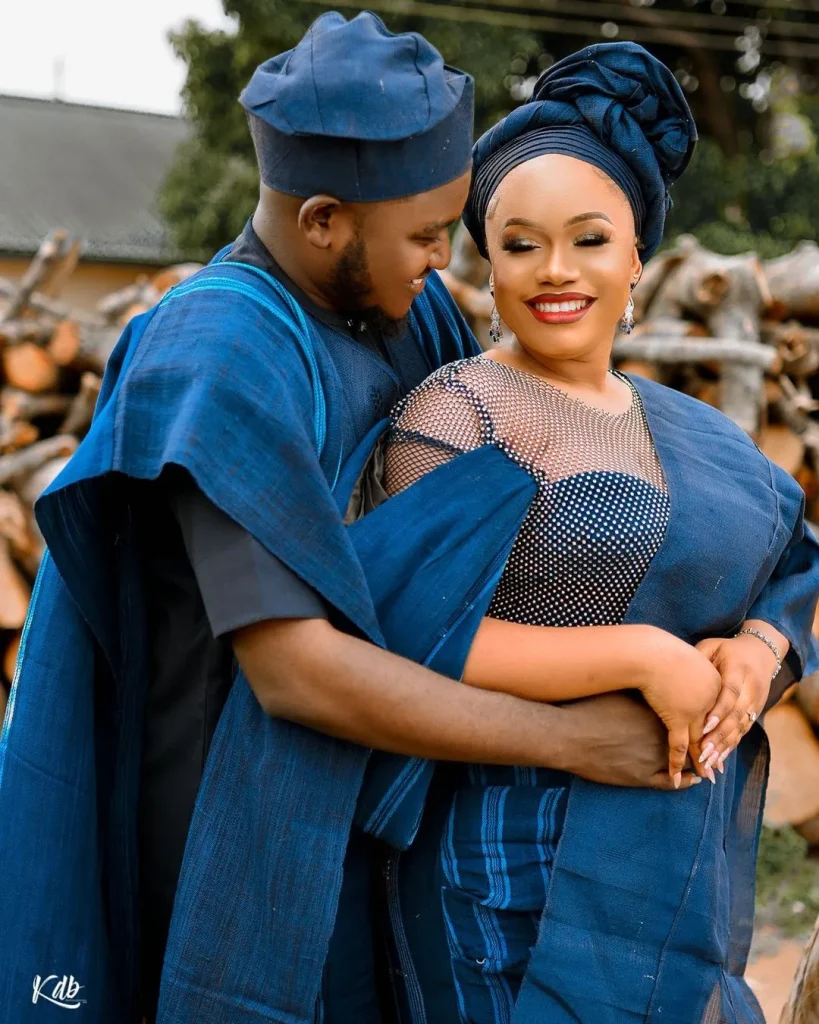
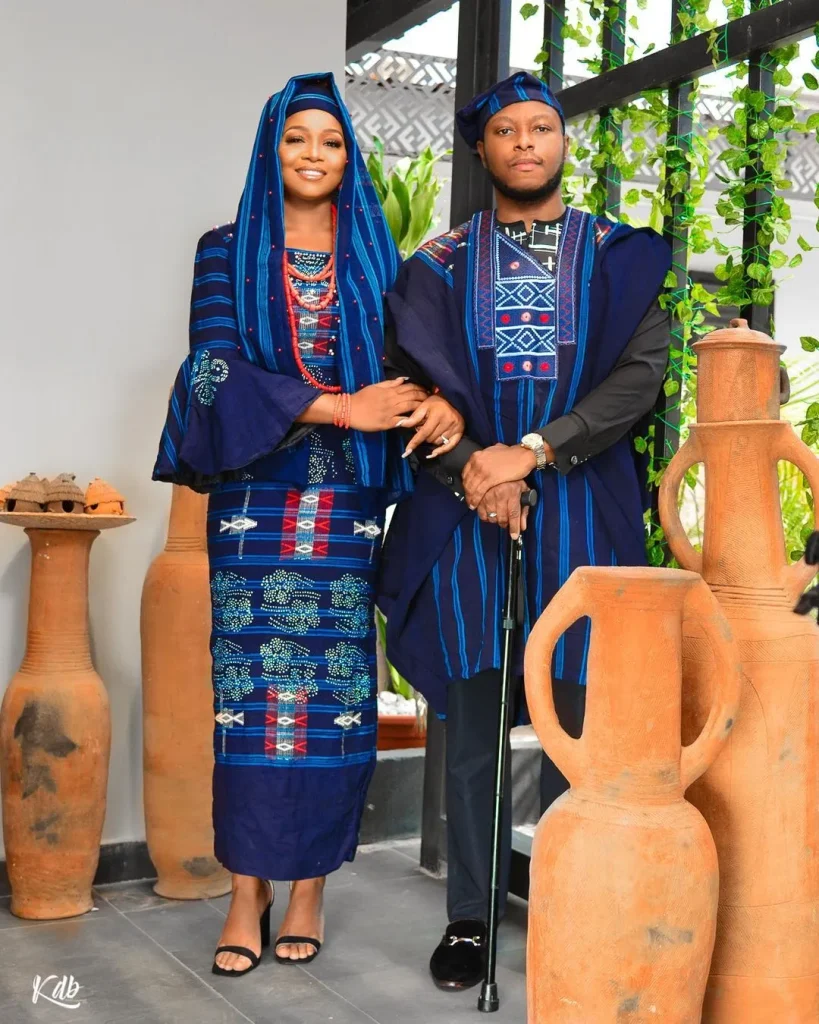

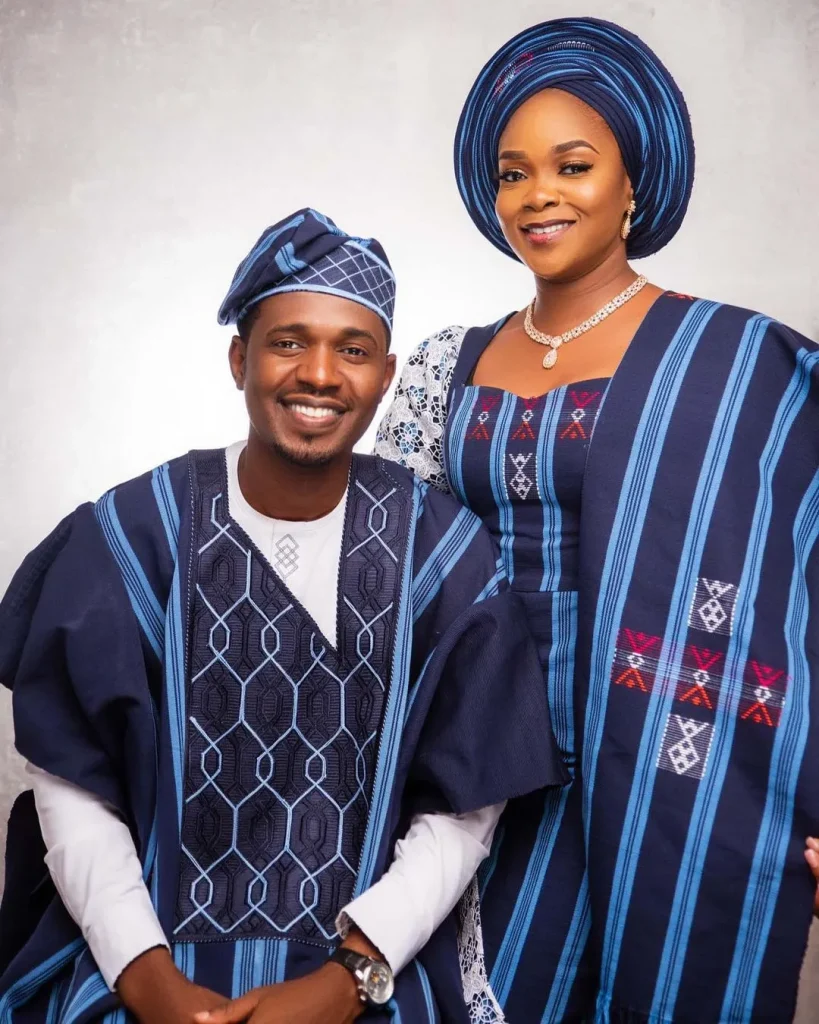
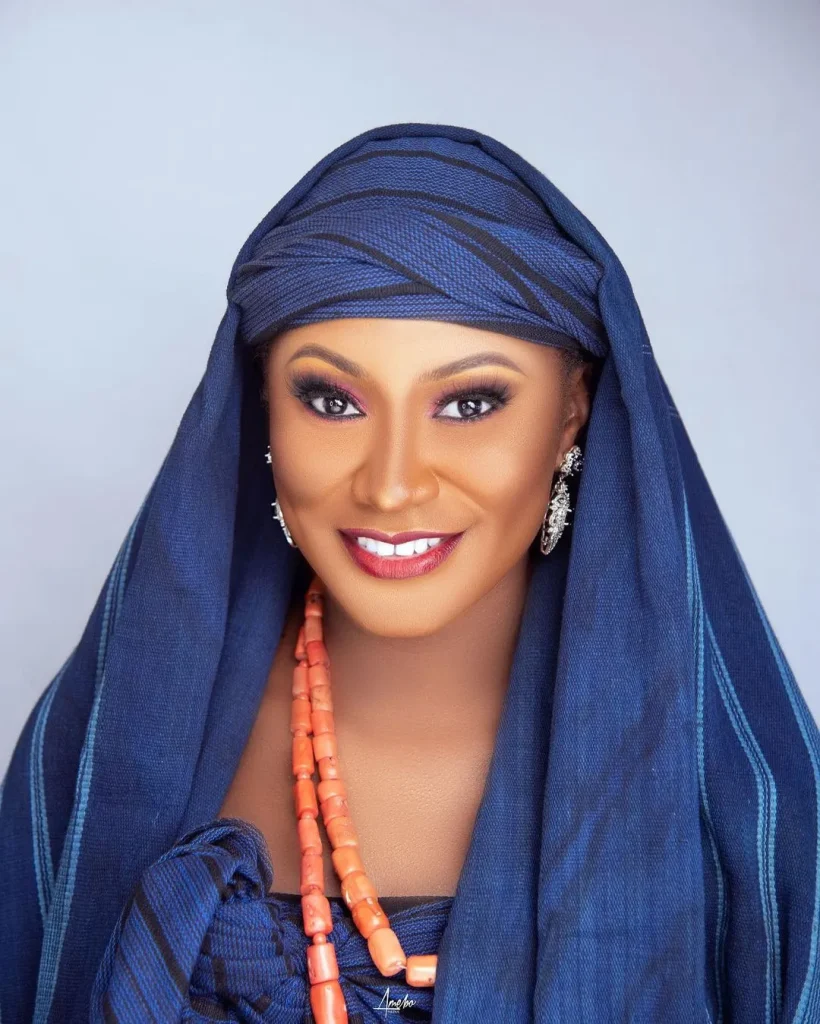
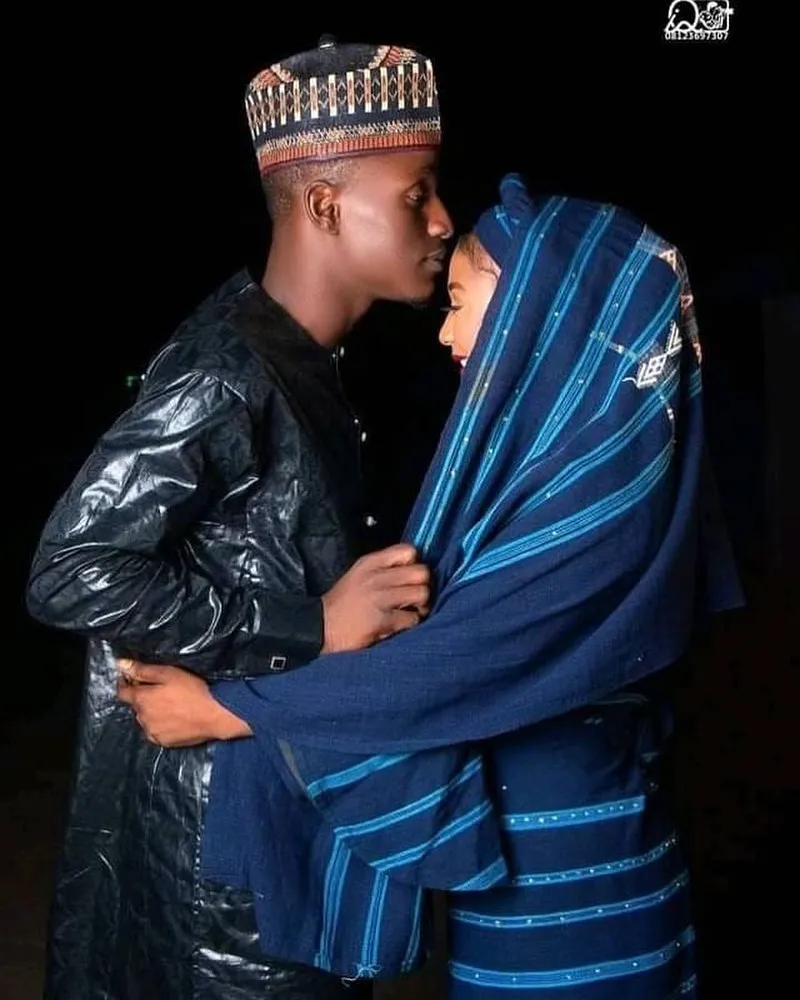
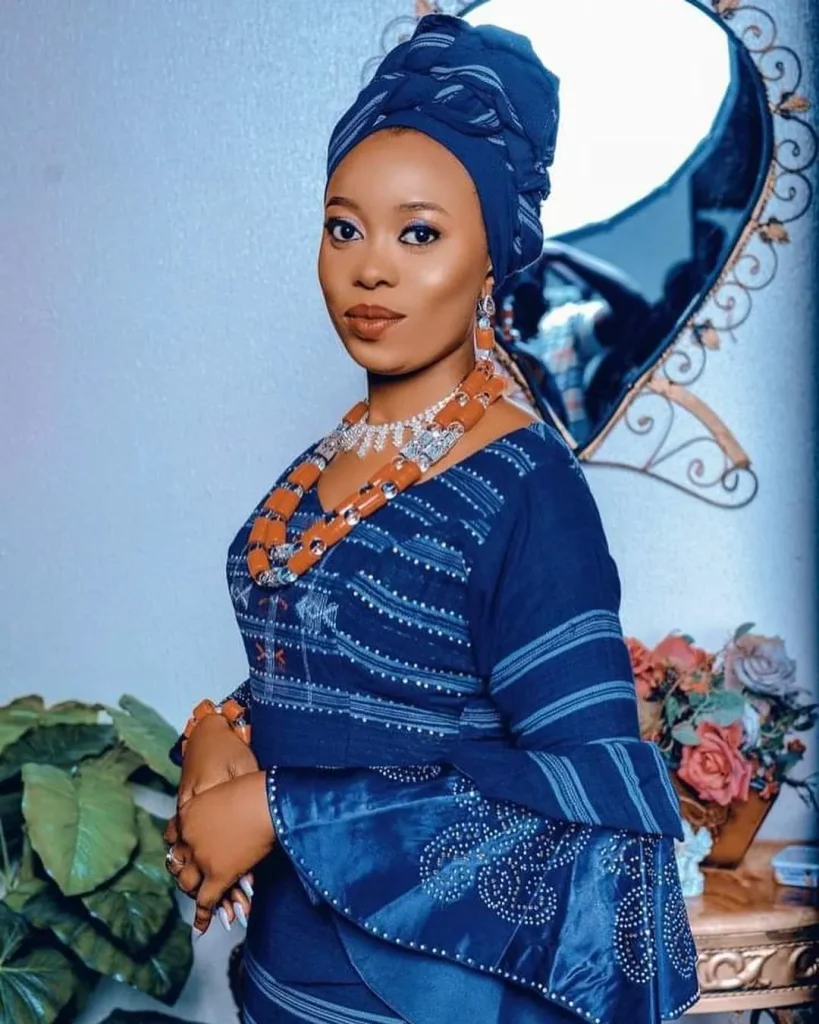
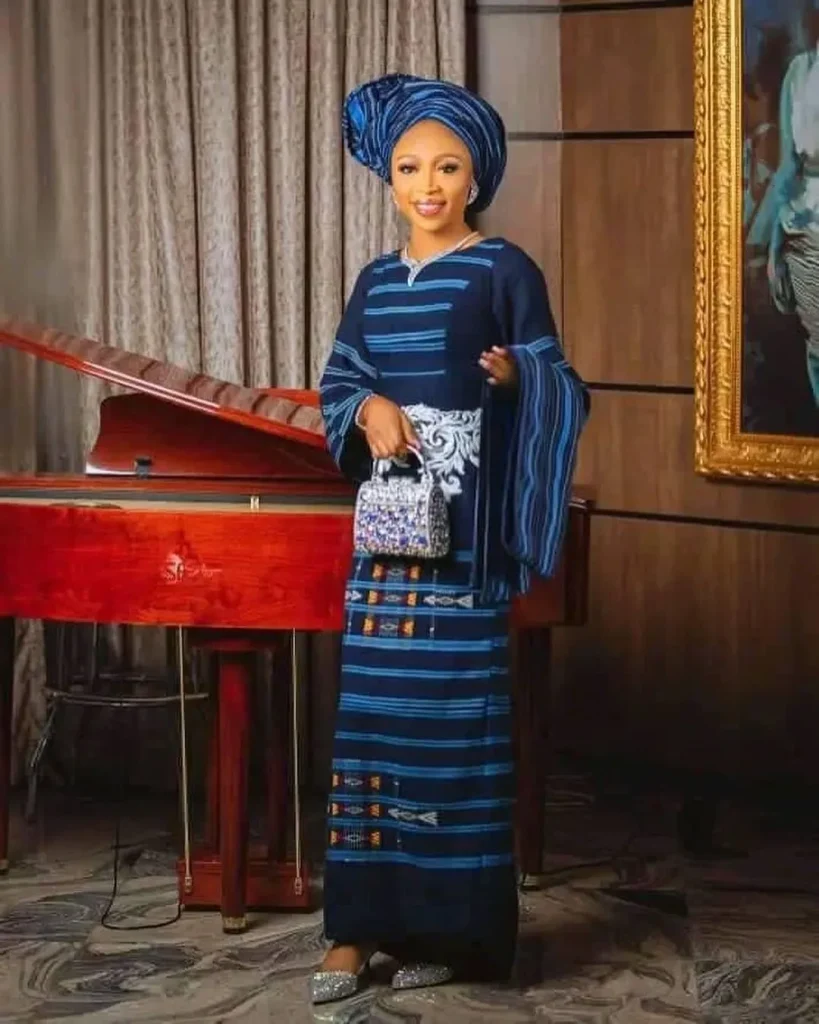
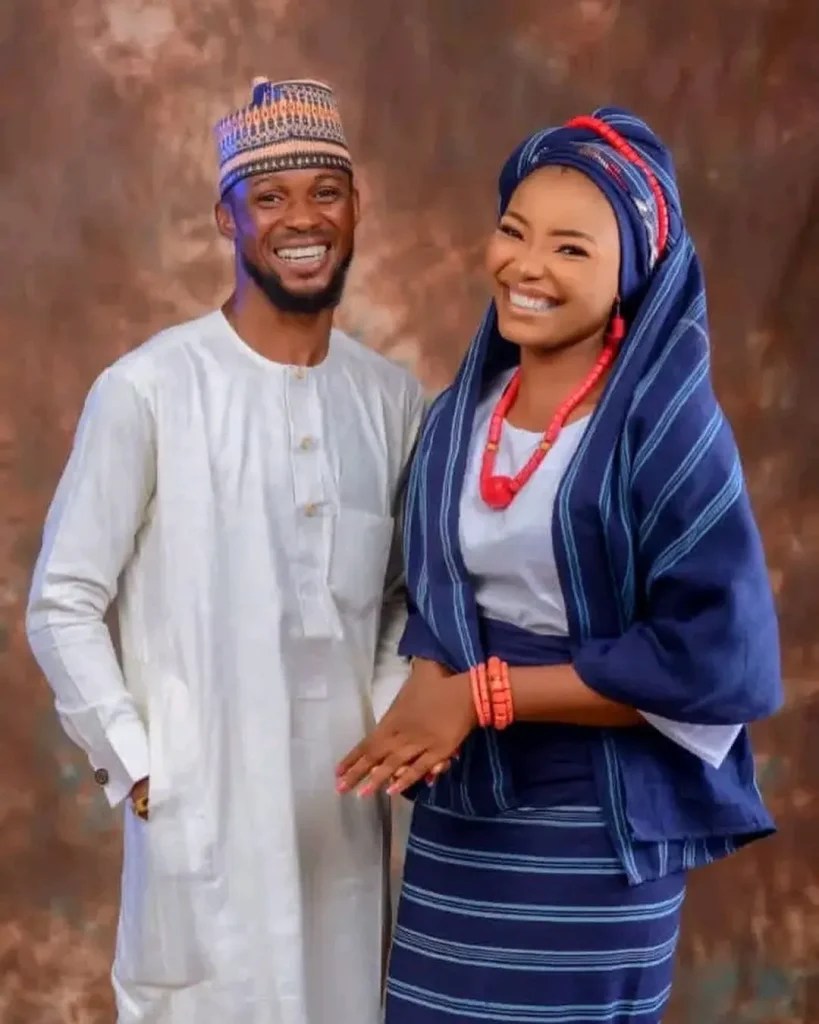
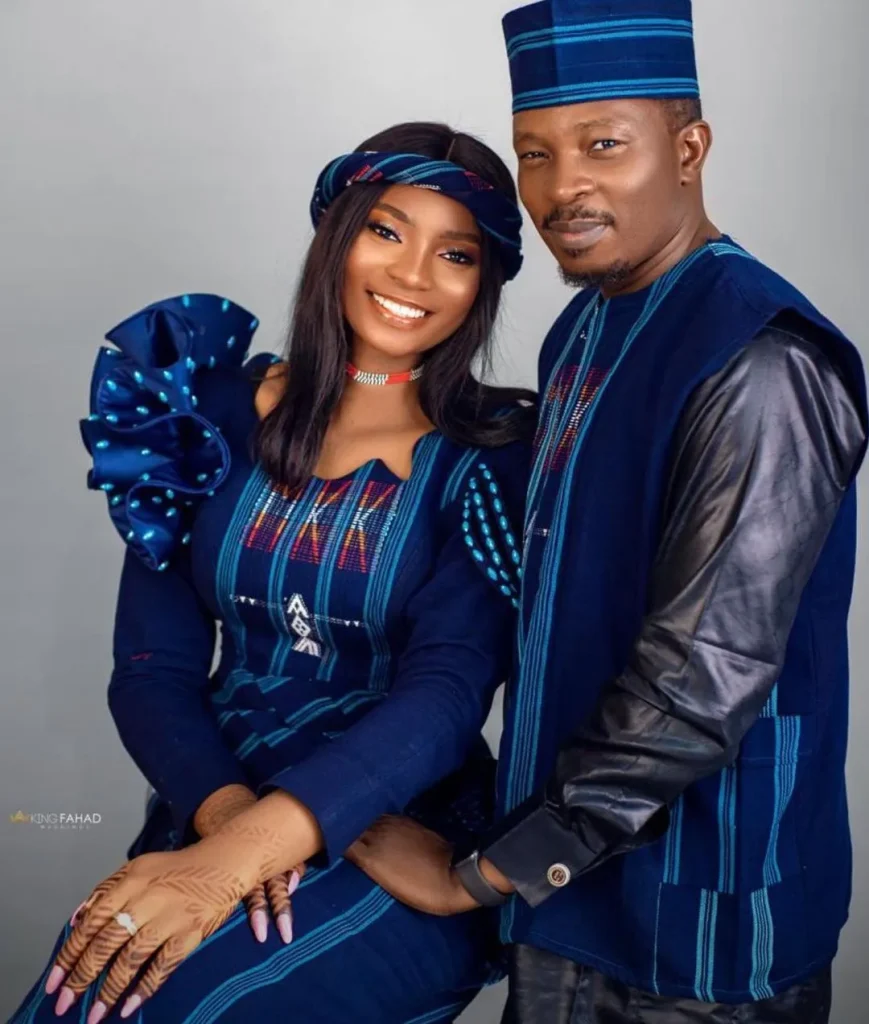
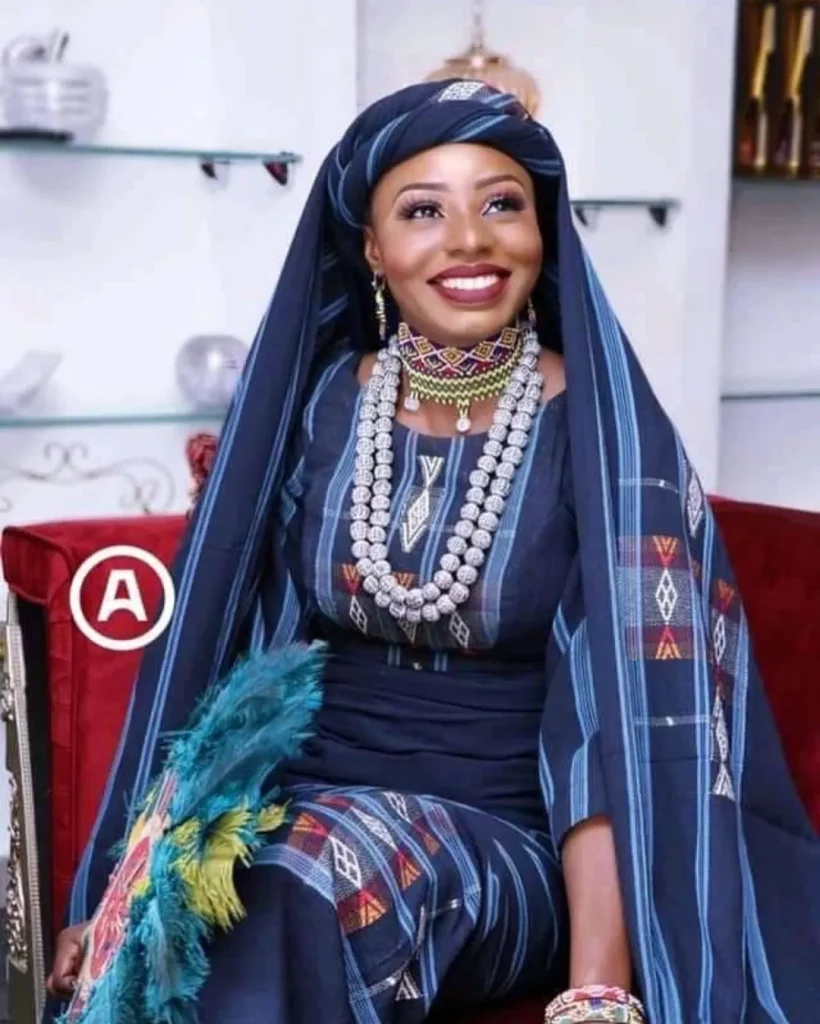
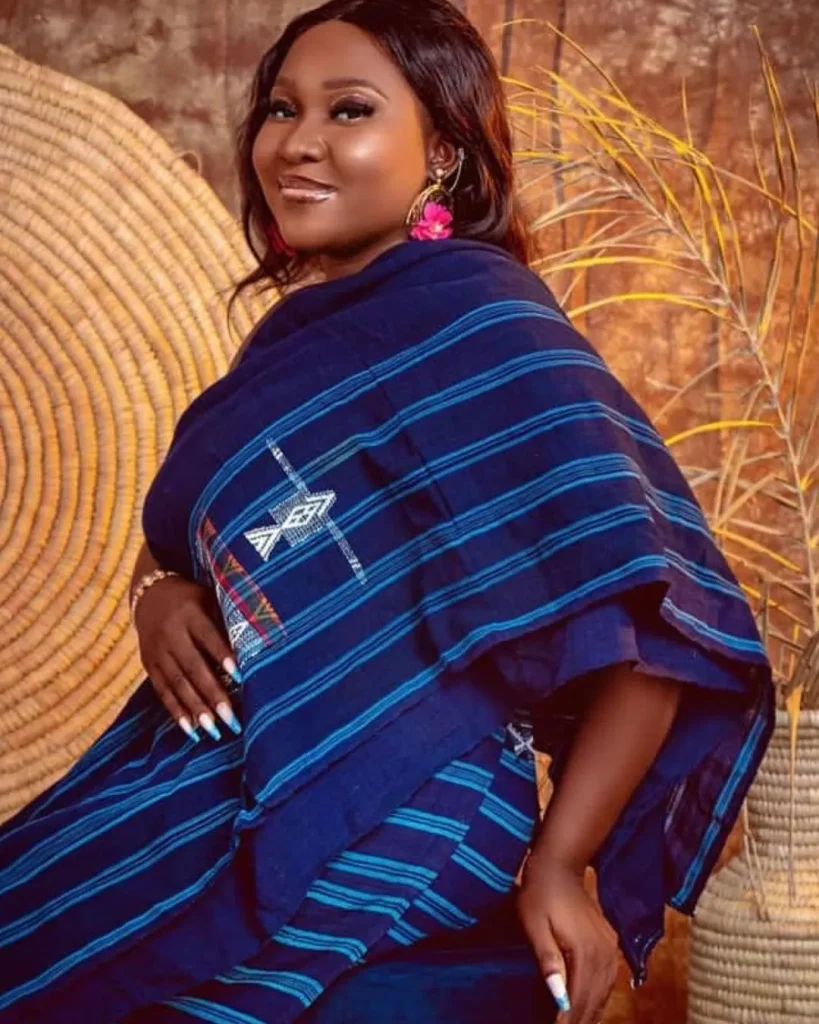
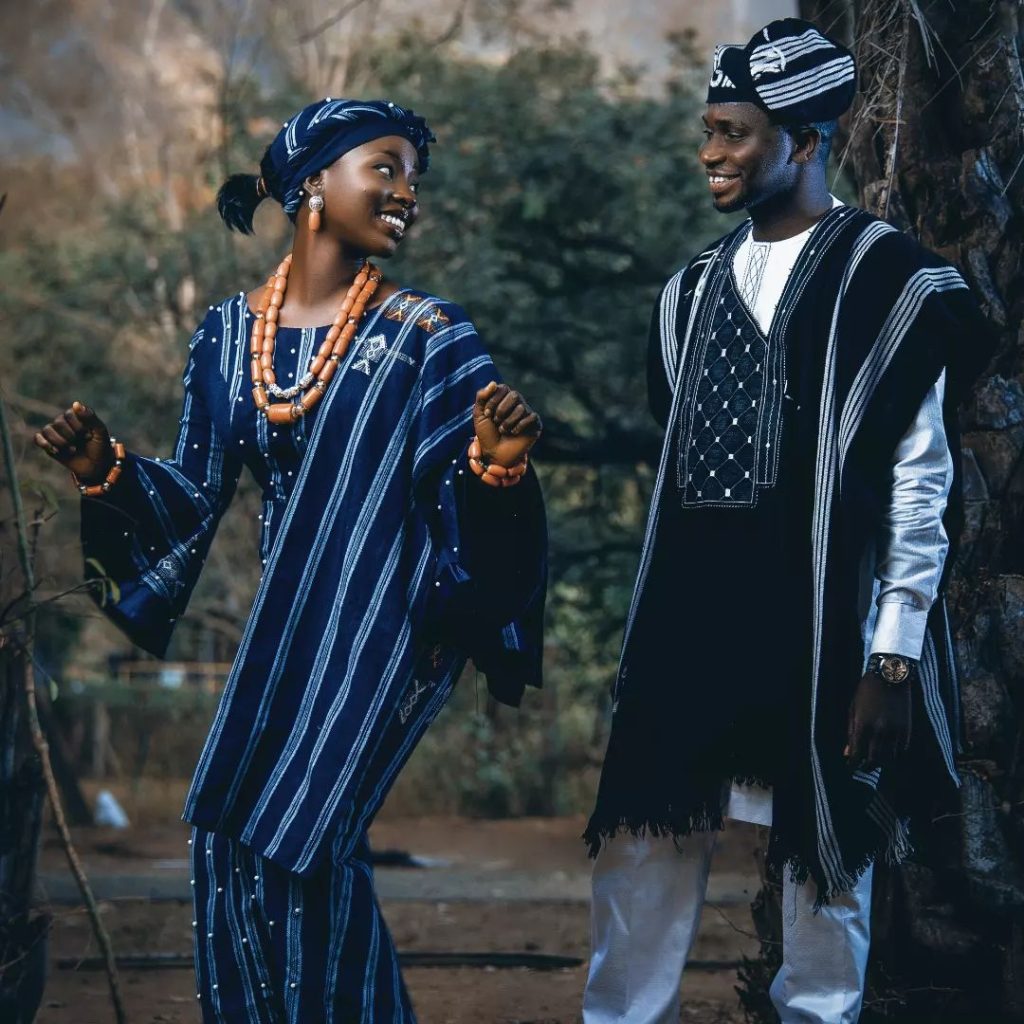
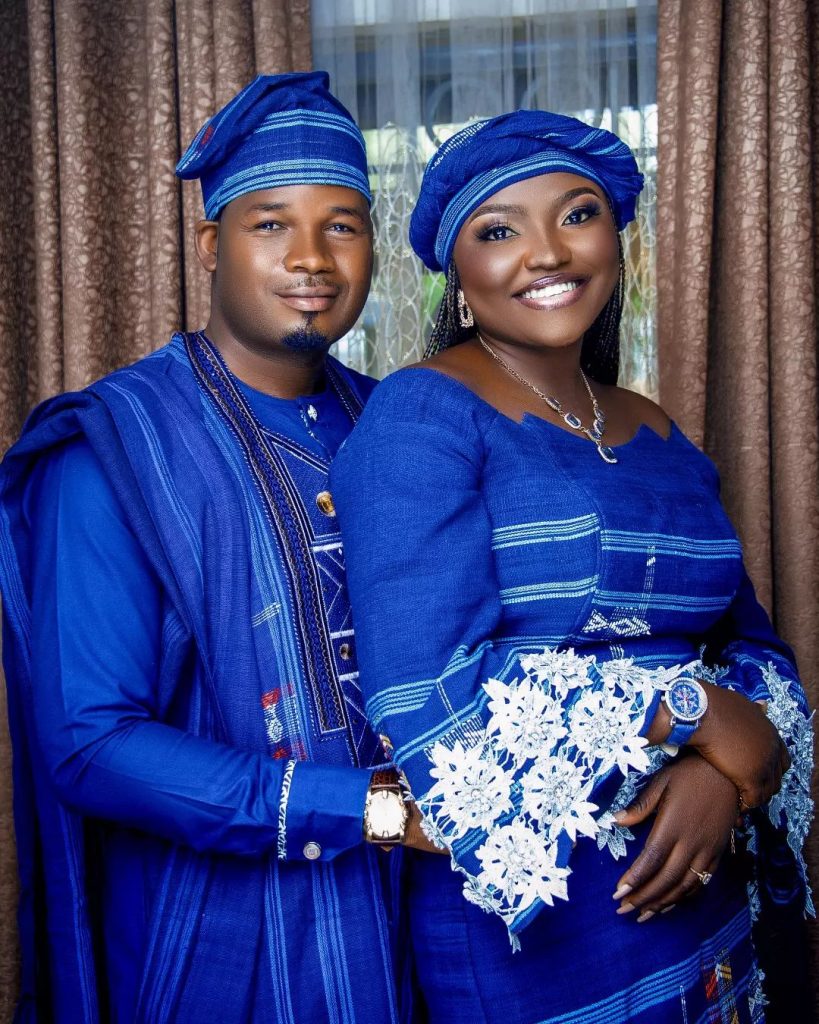
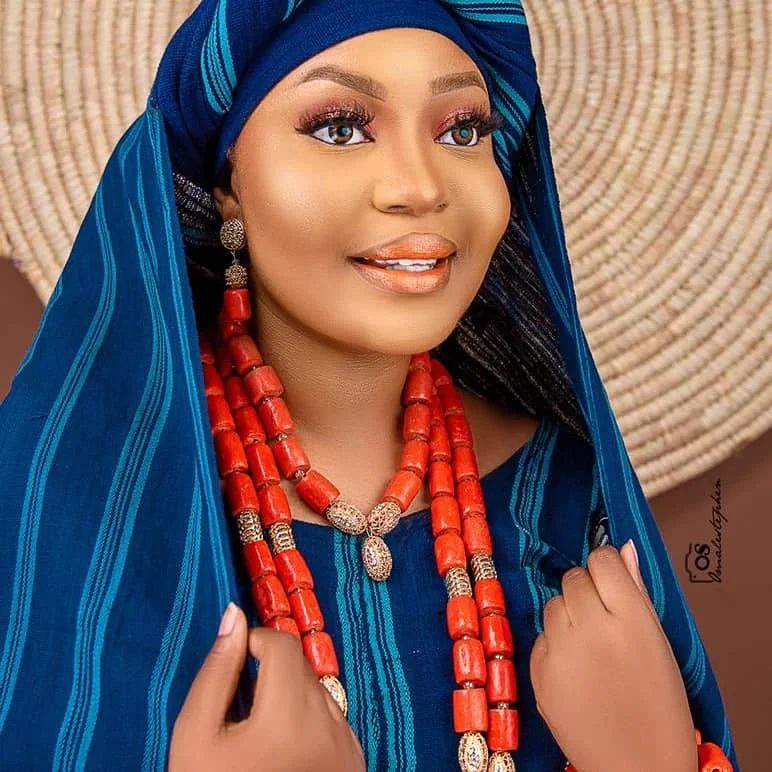
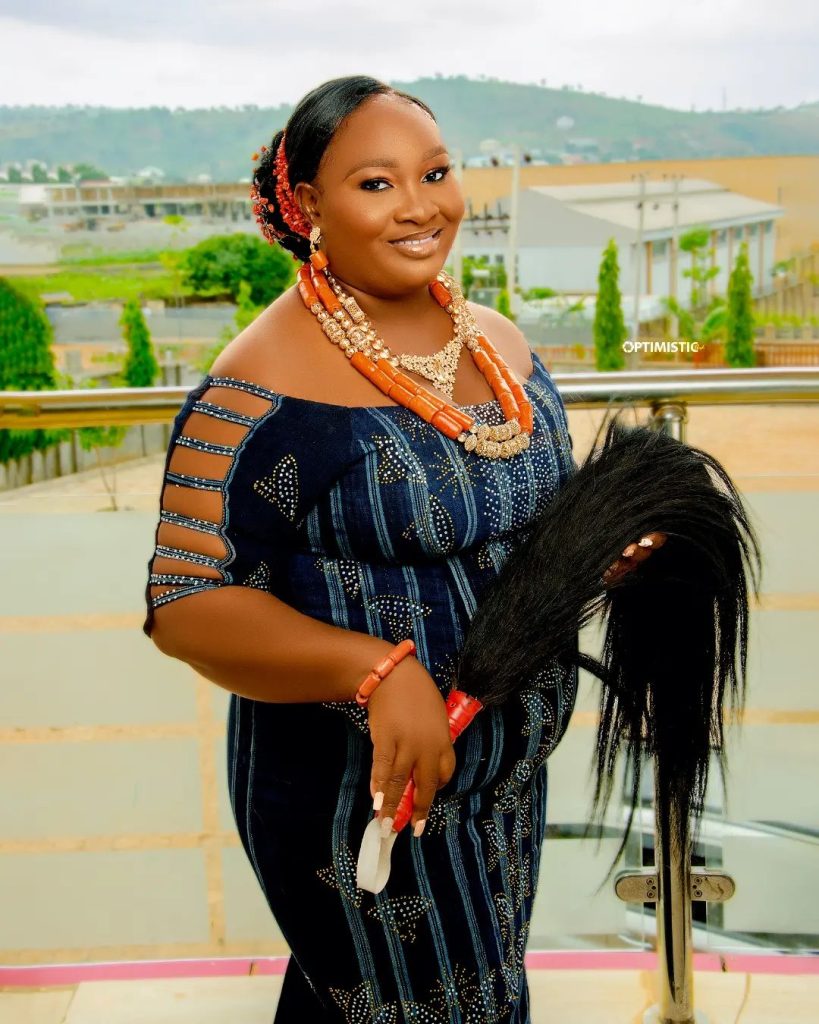
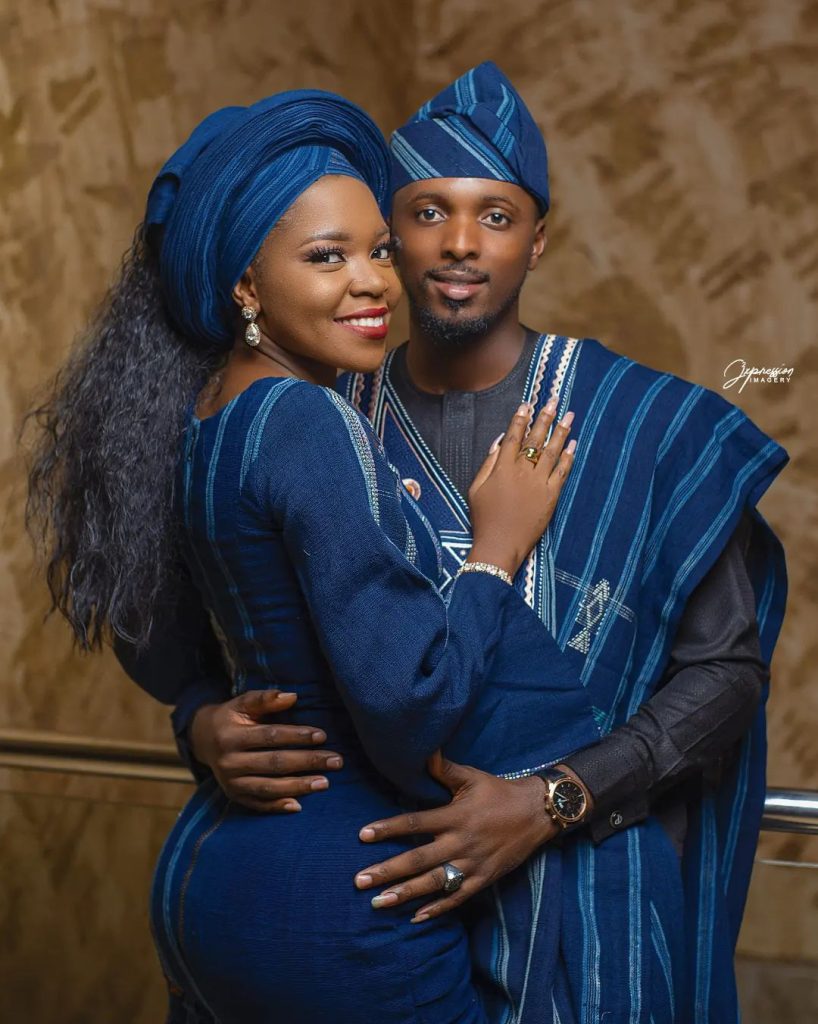
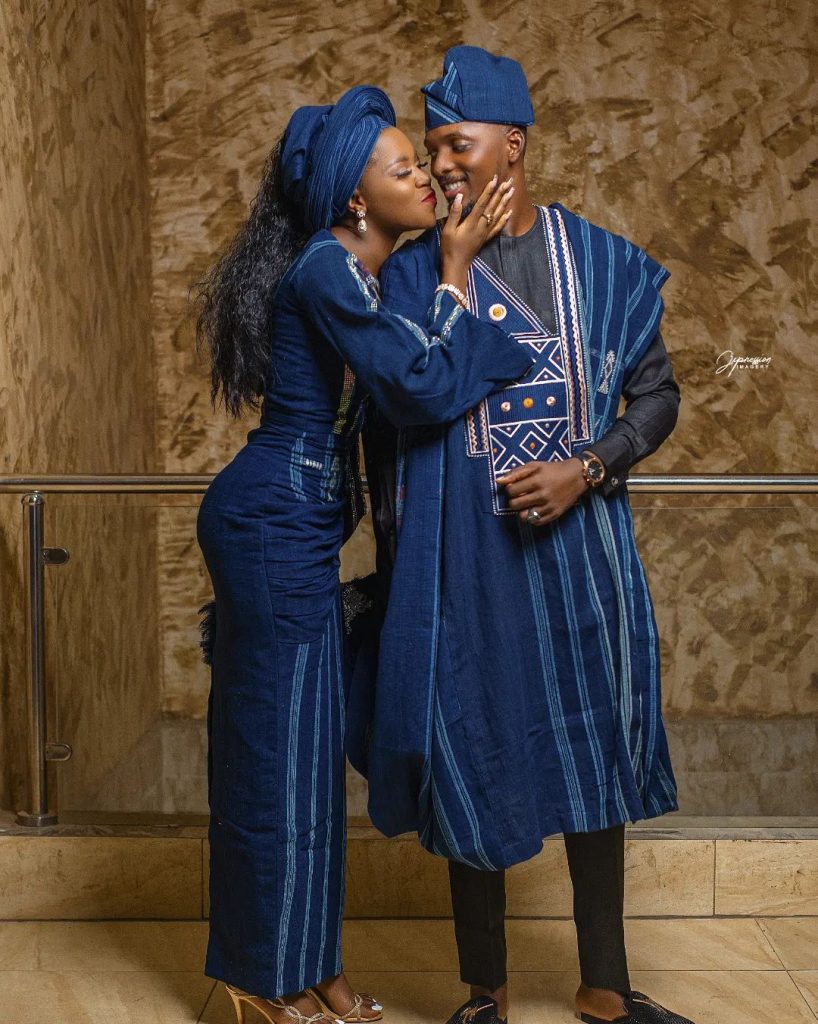
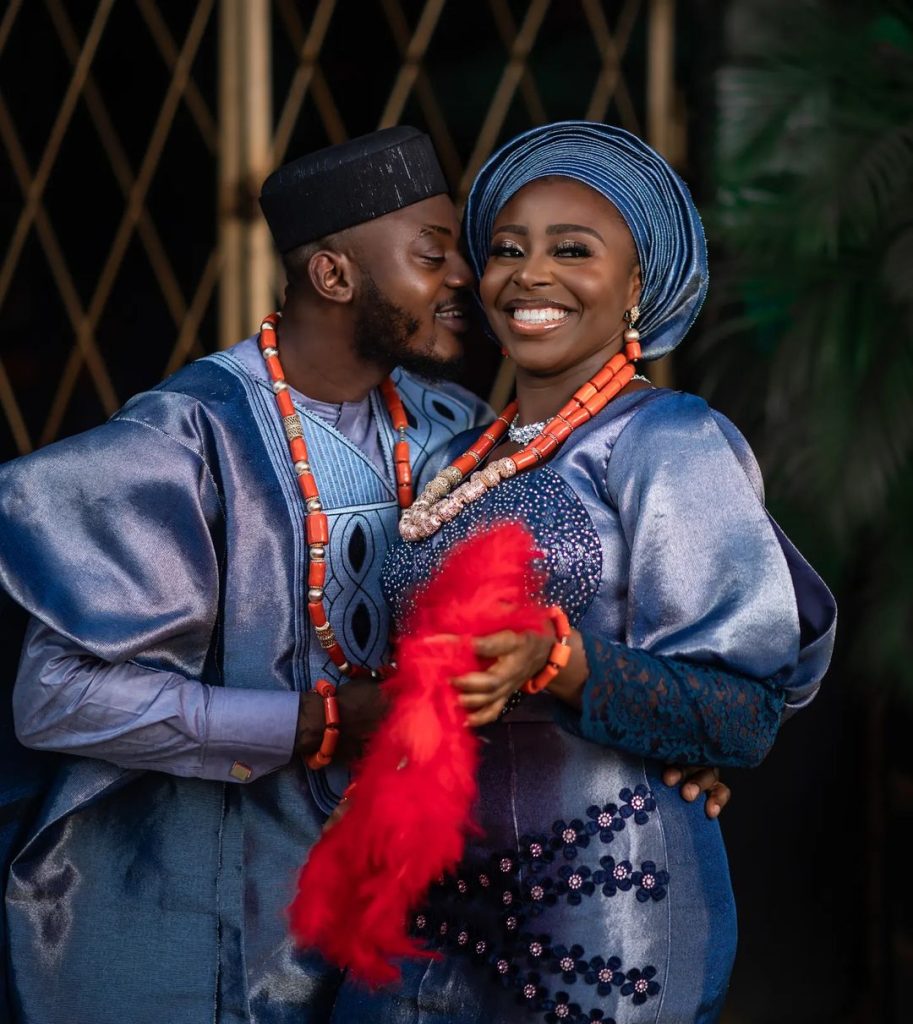


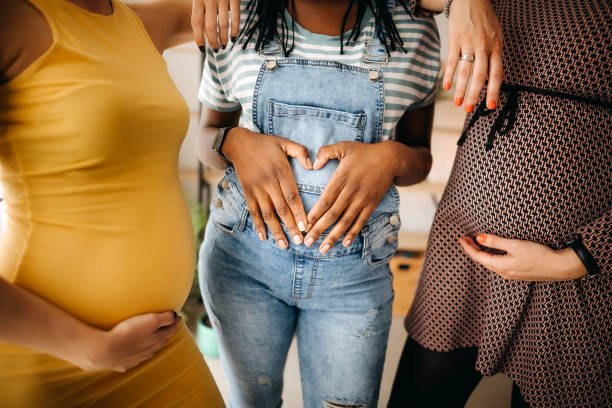
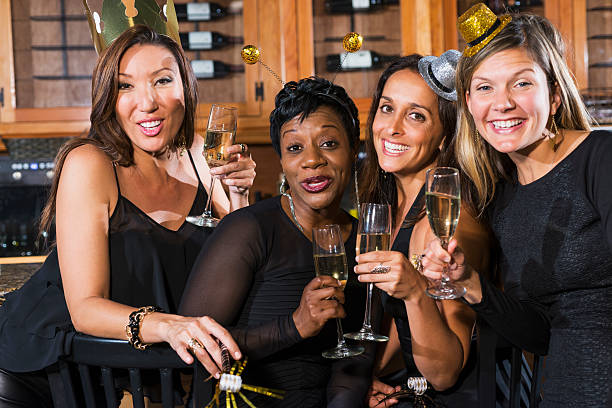
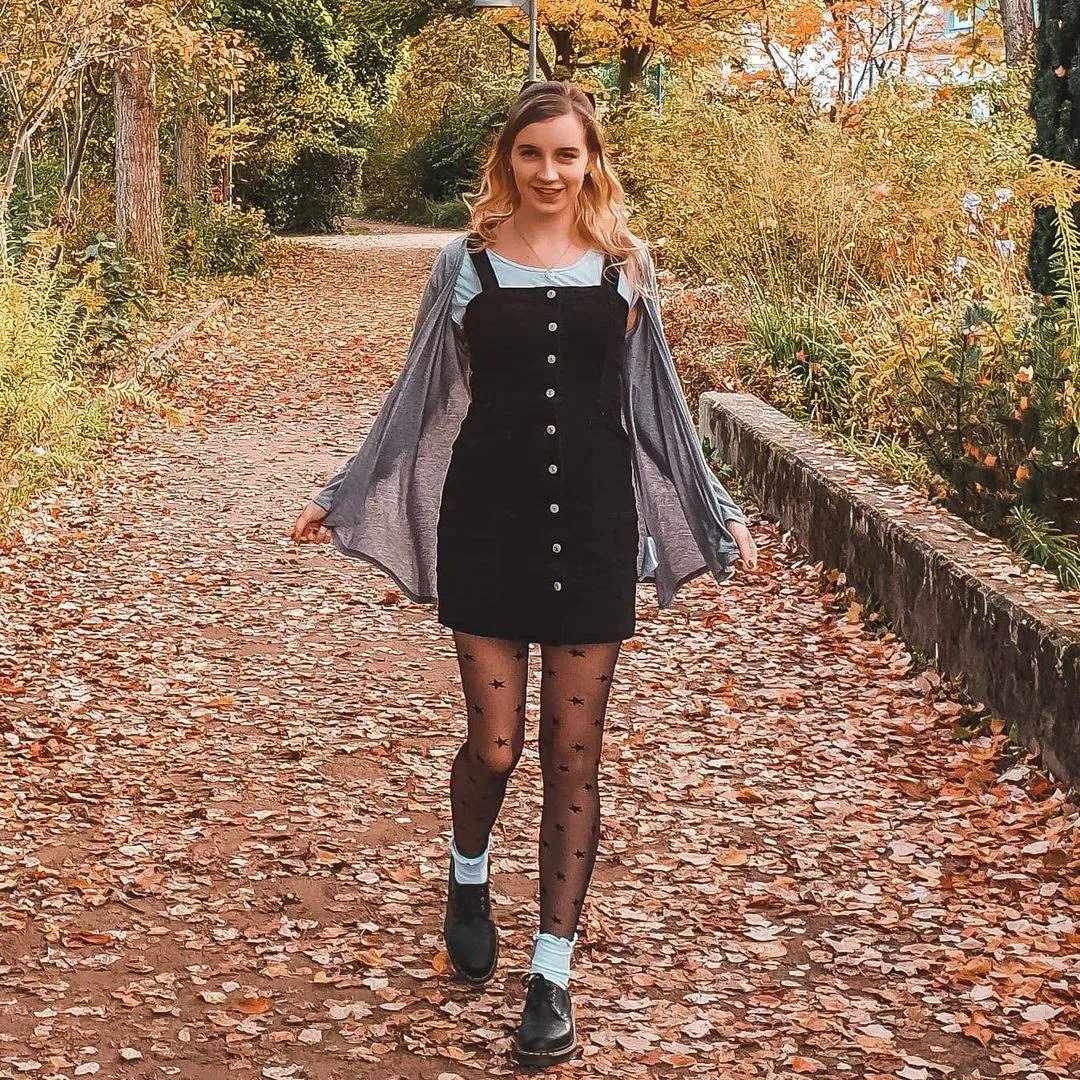
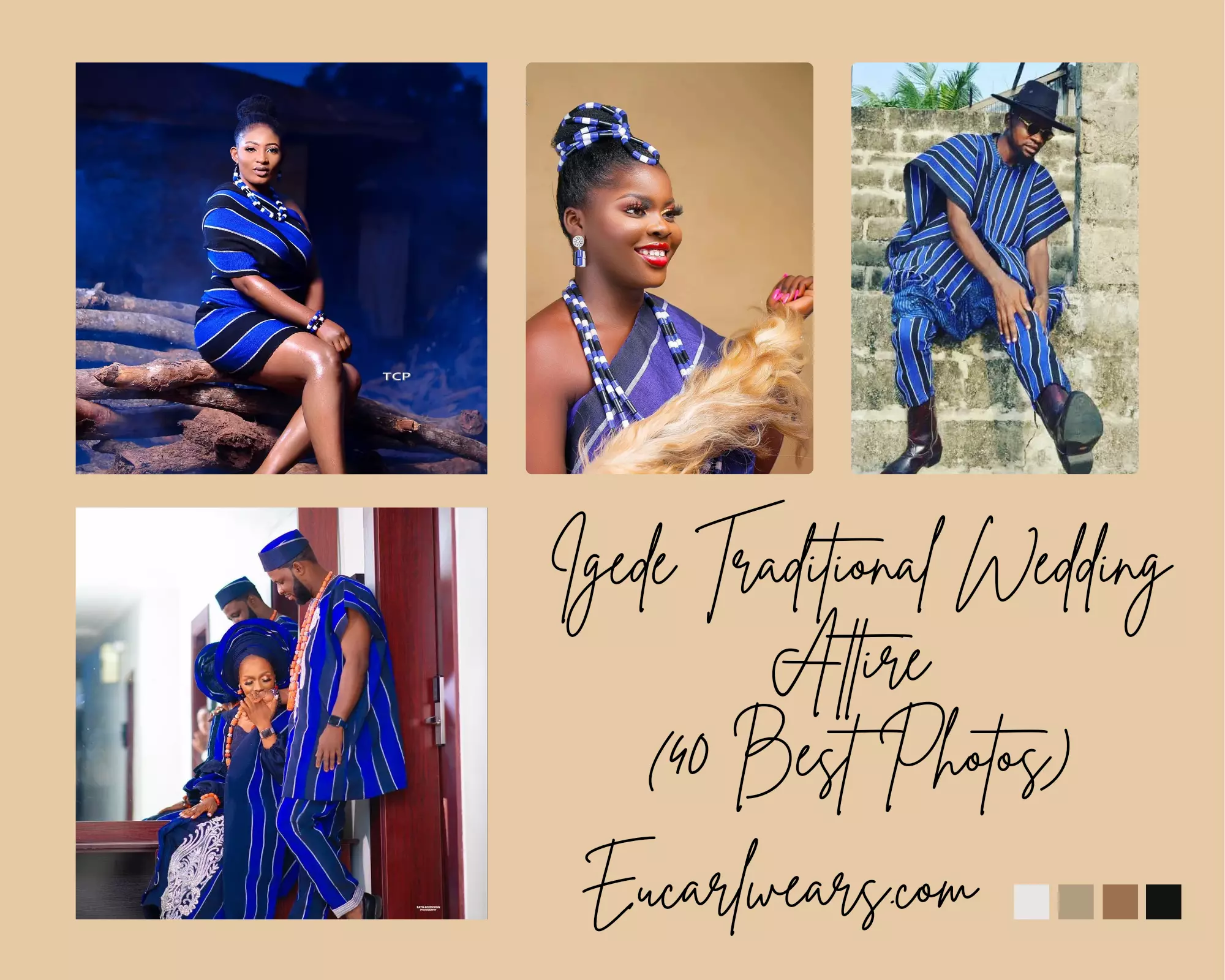

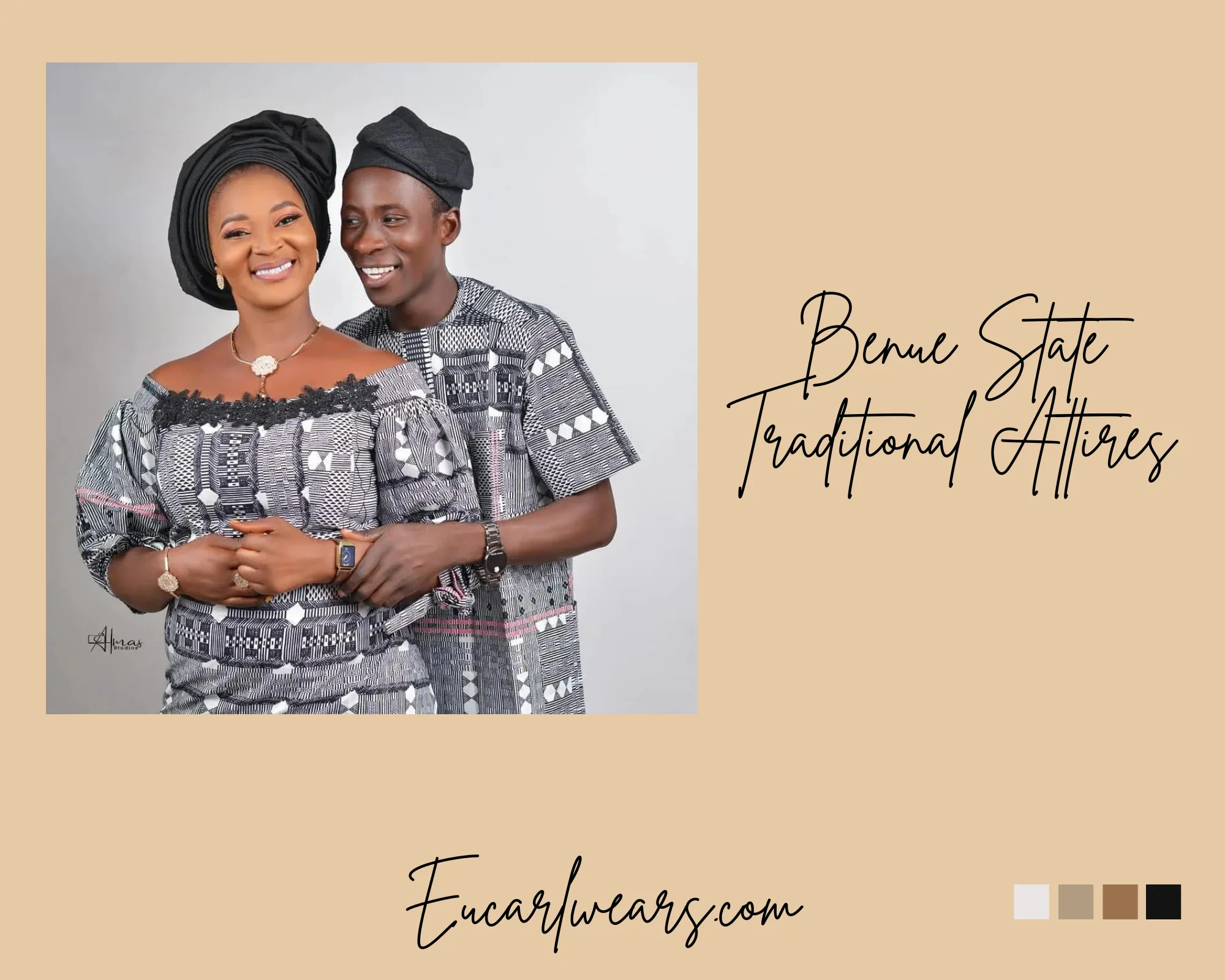

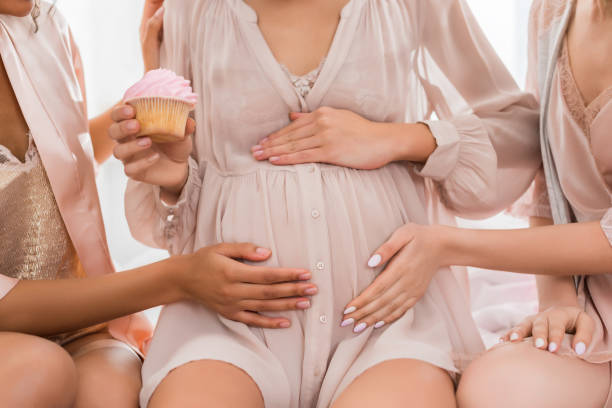


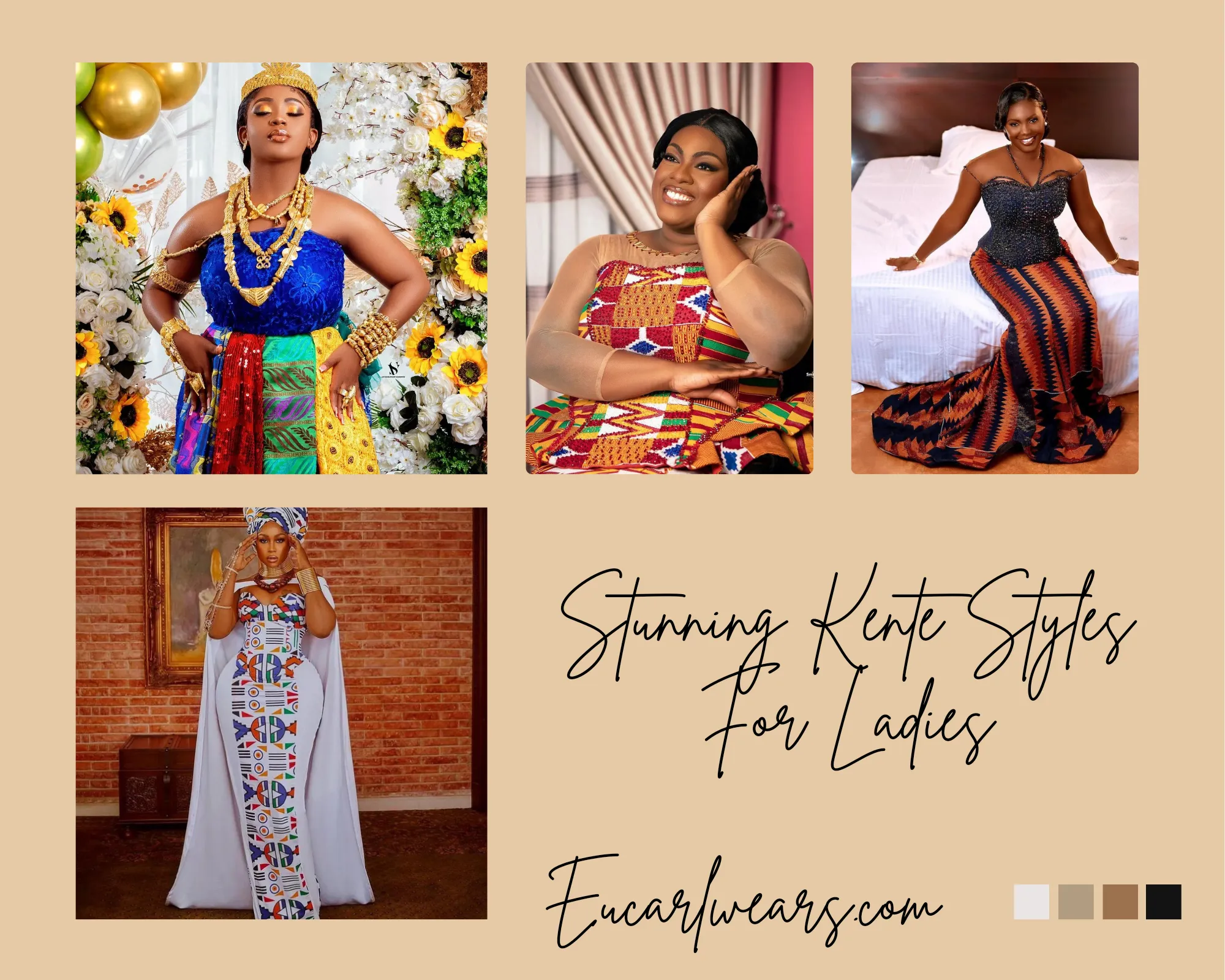
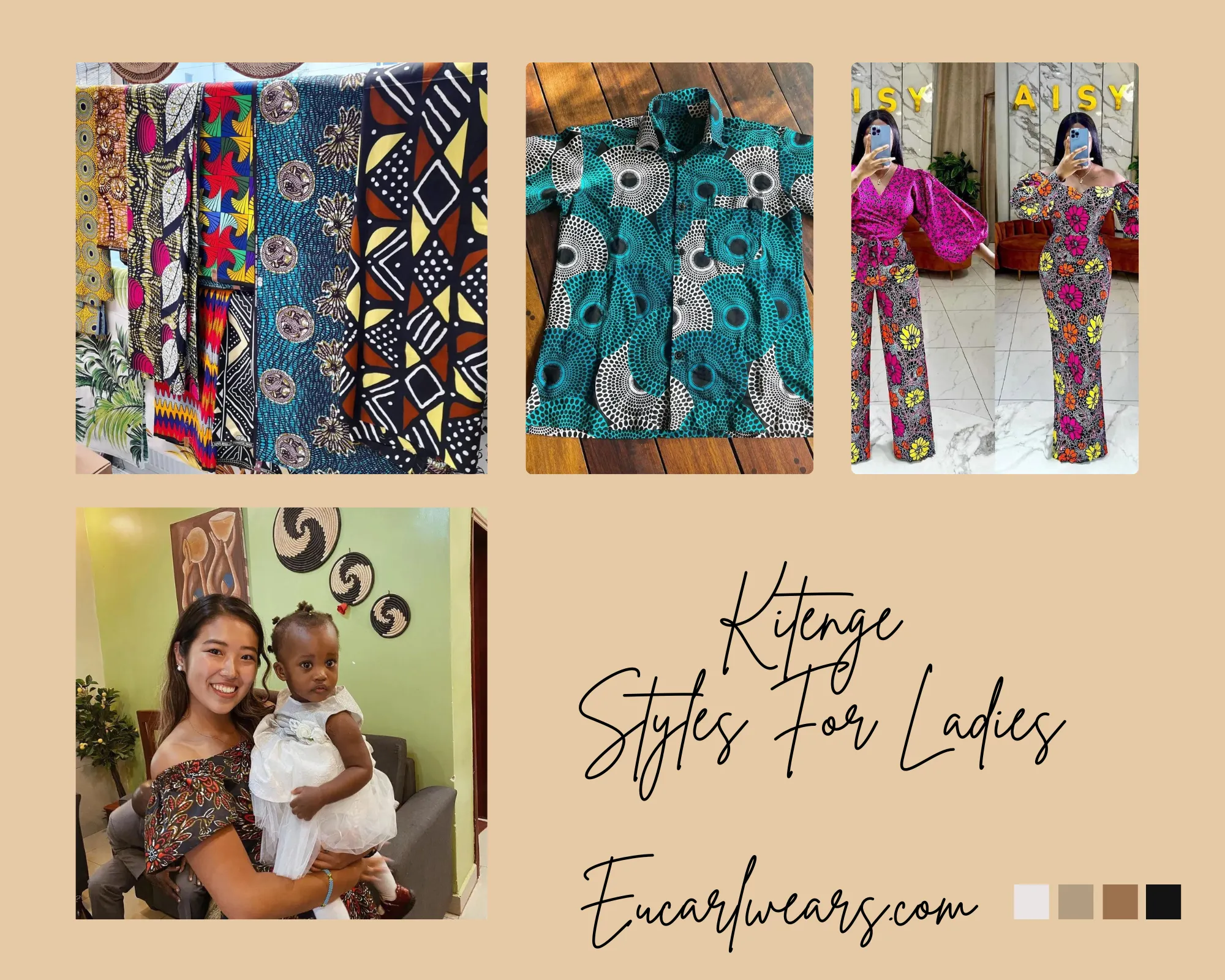

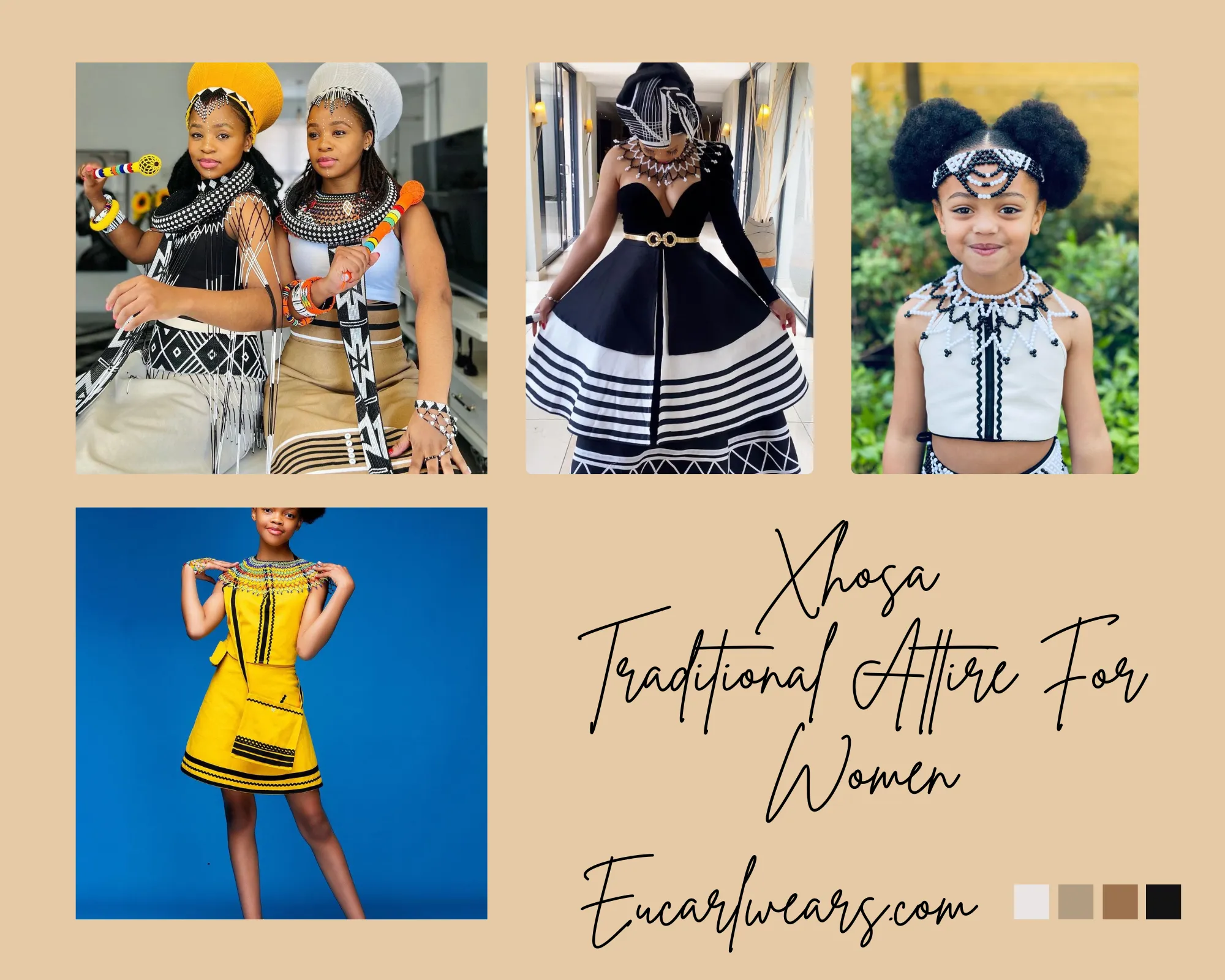
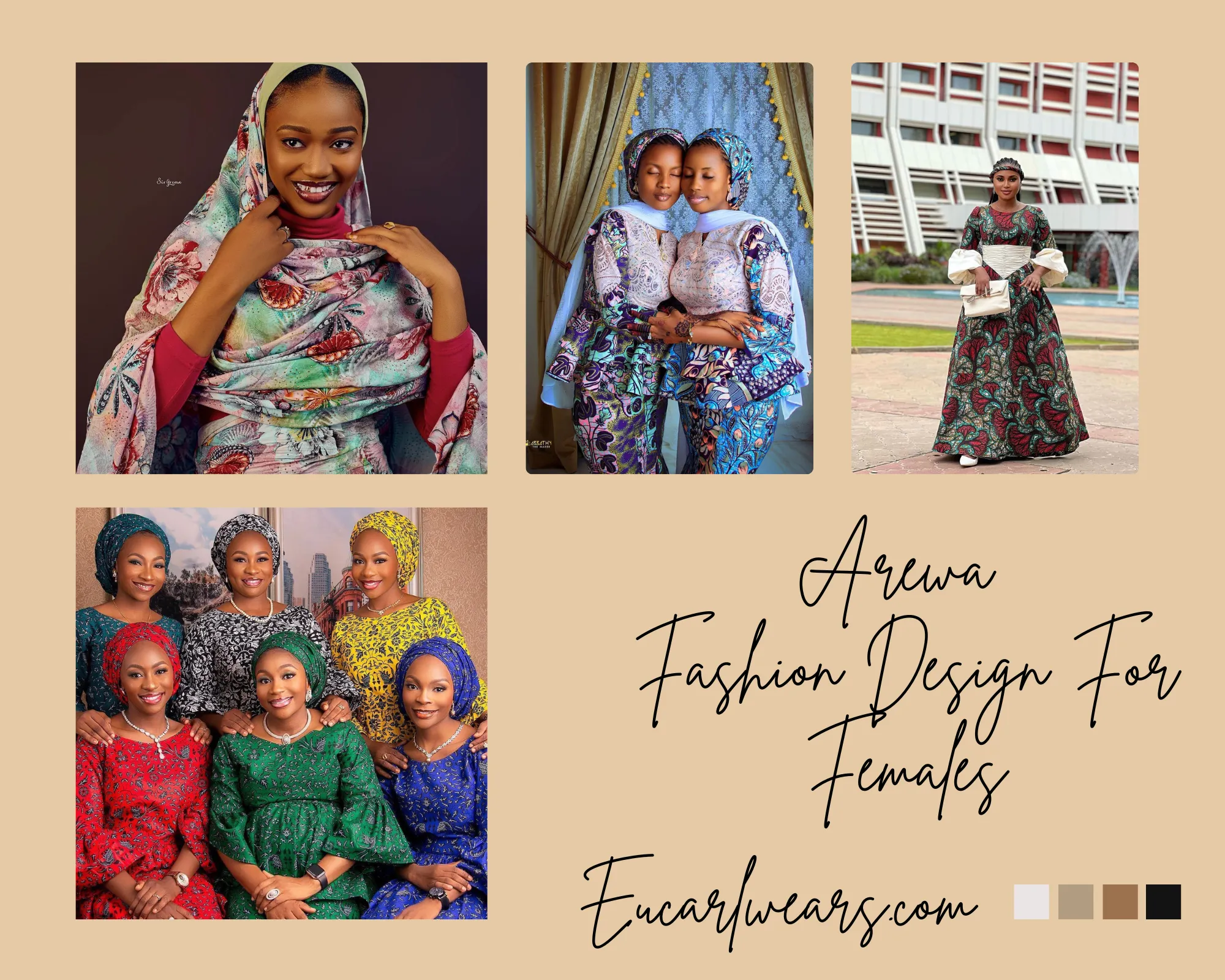

You must be logged in to post a comment Login